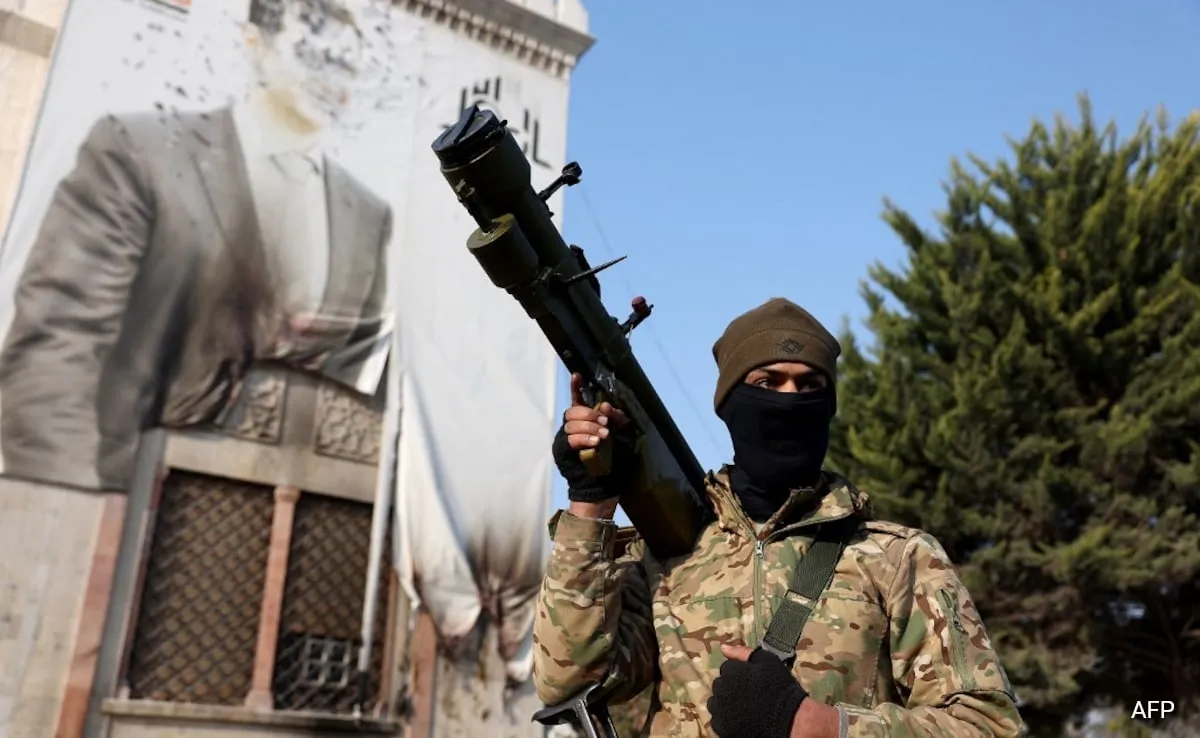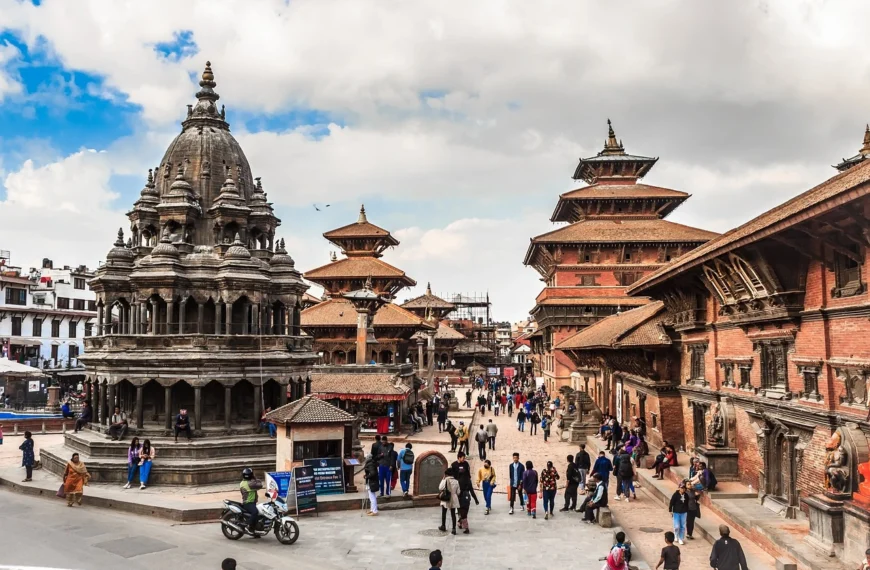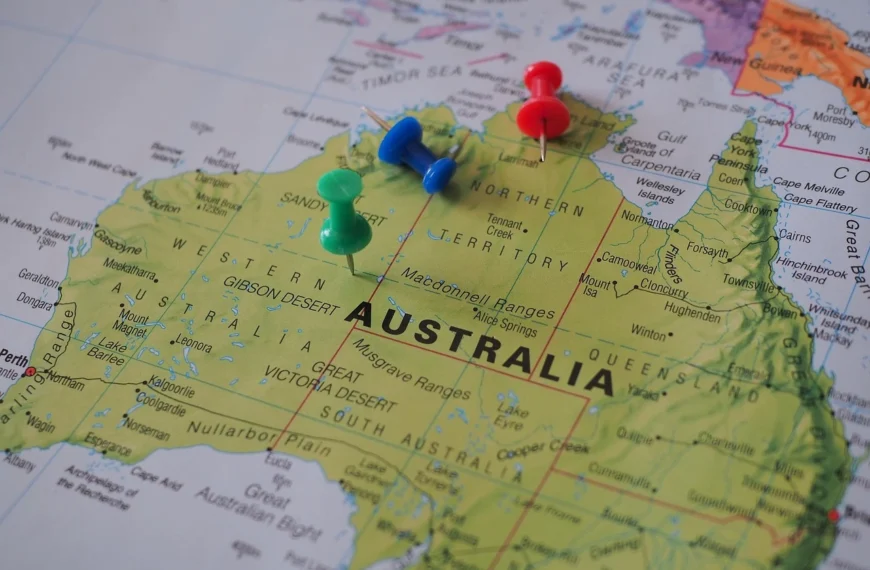The collapse of Bashar al-Assad’s regime in Syria has shaken the foundations of Middle Eastern politics. This seismic shift marks a critical juncture not only for Syria but for its neighboring regions as well. Here’s an in-depth look at this development and what it means for the future of the region.
Table of Contents
The End of an Era: How Assad’s Regime Collapsed
The fall of the Assad regime signals the conclusion of a 13-year-long Syrian civil war. Bashar al-Assad, who ruled Syria with an iron grip, faced persistent opposition from Syrian rebels and groups like Hayat Tahrir al-Sham (HTS). The capture of key cities like Homs and Damascus by these groups dismantled Assad’s hold on the country. The “end of tyranny” proclaimed by rebels resonated deeply, reflecting a shift in power dynamics within Syria.

This collapse wasn’t merely a military defeat; it represented a crumbling of the Assad family’s decades-long political influence, which started under Hafez al-Assad. Reports of Damascus residents witnessing panic and the government’s retreat to regions like Latakia highlight the dramatic nature of this fall.
Rebel Advances and the Role of Key Cities Like Homs and Damascus
Homs, often referred to as the “capital of the revolution,” was a pivotal battleground. Its strategic location on the road to Damascus made its capture a major victory for Syrian rebels. In the capital, the symbolic fall of the Sednaya prison—once a symbol of Assad’s tyranny—marked a turning point in the civil war.

Damascus, long the heart of Syria’s power, saw traffic jams and civilian panic as news spread of the government’s retreat. Witnesses reported statues of Hafez al-Assad being toppled, marking the end of an era that defined modern Syria.
The Impact of Hezbollah’s Withdrawal on Syria’s Power Dynamics
A key ally of Assad’s regime, Hezbollah played a crucial role in maintaining the government’s military strength. However, the group’s recent withdrawal, as fighters retreated to Latakia and Lebanon’s Hermel region, left a significant power vacuum. Without Hezbollah’s backing, the regime’s defensive lines collapsed.
This withdrawal signals shifting alliances and raises questions about Hezbollah’s future role in Middle Eastern conflicts, particularly with its focus turning inward toward Lebanon.
Regional Implications: What Assad’s Fall Means for Neighboring Countries
Assad’s fall resonates across the region, impacting countries like Israel, Iraq, and Lebanon. The Syrian civil war forced millions to flee, creating one of the largest refugee crises in modern history. With Assad gone, neighboring nations will grapple with new security challenges and opportunities for rebuilding diplomatic ties.

Iraq, for instance, saw an influx of fleeing Syrian soldiers. Meanwhile, Israel remains cautious, wary of instability near its borders. The collapse also affects Iranian and Russian influence in Syria, as their strategic foothold diminishes in the absence of Assad.
The Future of Syria: Challenges and Opportunities in a Post-Assad Era
Syria faces daunting challenges ahead. Rebuilding the country’s devastated infrastructure, addressing sectarian divides, and establishing a stable government will take years. International aid will be crucial in this process.

However, this moment also presents opportunities for a fresh start. A new leadership untainted by the Assad regime could pave the way for democratic reforms and economic growth. Global powers must play a constructive role in ensuring Syria doesn’t spiral into further chaos.
Conclusion
The fall of the Assad regime is more than a national event—it’s a defining moment in Middle Eastern politics. This milestone challenges entrenched power structures, reshapes alliances, and opens the door to new possibilities for Syria and its neighbors. Whether the region can harness this moment for positive change remains to be seen, but one thing is certain: the Middle East will never be the same.
Also Read : South Korea Declares Martial Law: A Nation Stands on Edge















